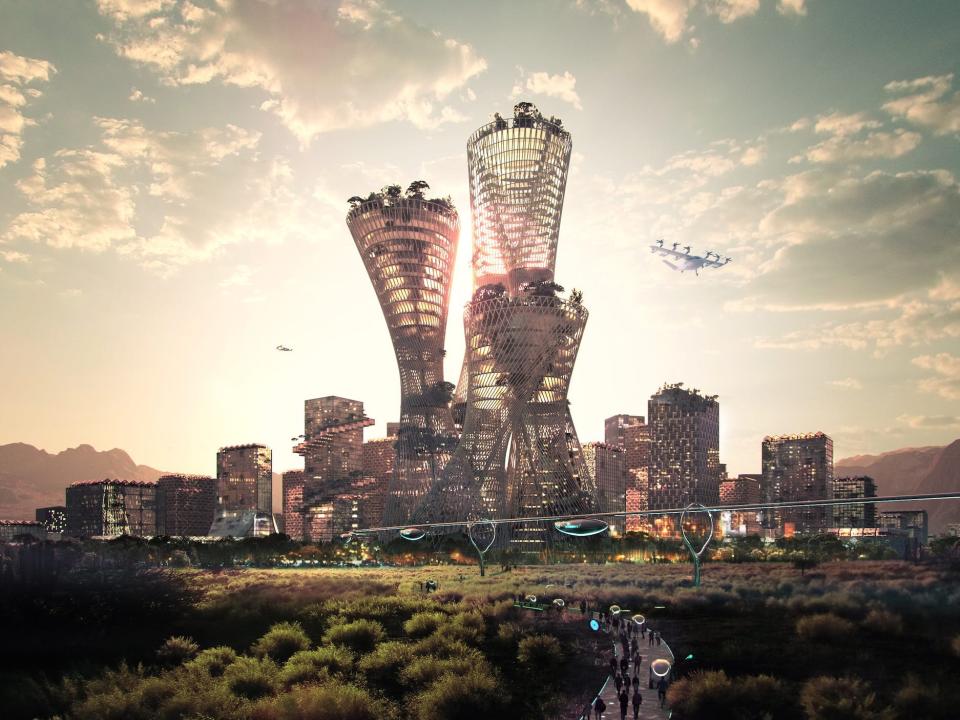Billionaire ex-Walmart exec says the first 'settlers' of his planned $400 billion city 'Telosa' will likely be selected through applications - and they could move in by 2030

Marc Lore, a former Walmart executive, wants to build a futuristic utopia called Telosa.
Telosa is expected to be built on the concept of "equitism," a mashup of equality and capitalism.
There would be an application for the first 50,000 Telosa "settlers," who could move in by 2030.
If Marc Lore's vision comes to fruition, 50,000 residents could be living in an egalitarian utopia by 2030.
Lore, who stepped down as the CEO of Walmart's US e-commerce division earlier this year, announced last month that he plans to build a futuristic city known as Telosa. Telosa - which gets its name from an ancient Greek word meaning "highest purpose" - plans to offer its citizens equal access to education, healthcare, and transportation. Residents would get around in autonomous vehicles, and the city would run on renewable energy, Telosa's website promised.
While citizens of Telosa would be able to build their own homes and sell them, the city would maintain ownership of the land itself, Lore told USA Today's Scott Gleeson on Sunday. He called his vision for the city "equitism" - a mashup of equality and capitalism.
"The sole purpose of creating a city in the desert would be so it's owned by the community, basically take all the appreciation of the land and give it back to the citizens," Lore told USA Today. "Taxes paid will go back to the city for infrastructure - roads, tunnels and bridges - so everyone would know exactly where their money is going."
It's an ambitious endeavor, and an expensive one: The city's website estimated the first phase would cost $25 billion, with the total cost of the city surpassing $400 billion. It would be funded by investors and philanthropists, as well as government grants and subsidies, the Telosa website said.
There's no set location for Telosa just yet, but a few regions have been mentioned as possibilities: Nevada, Utah, Idaho, Arizona, Texas, and the Appalachian region, which includes 13 states in the eastern part of the US.

 Yahoo Autos
Yahoo Autos 